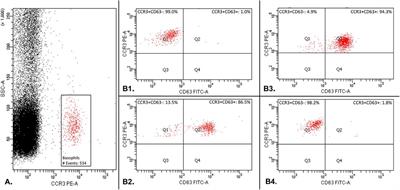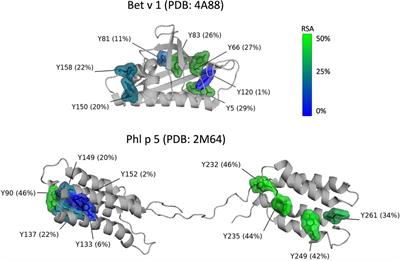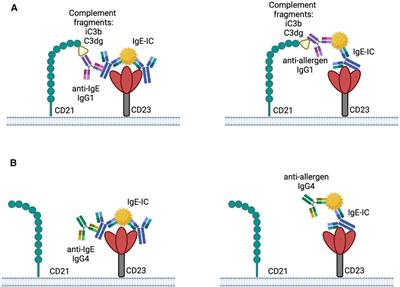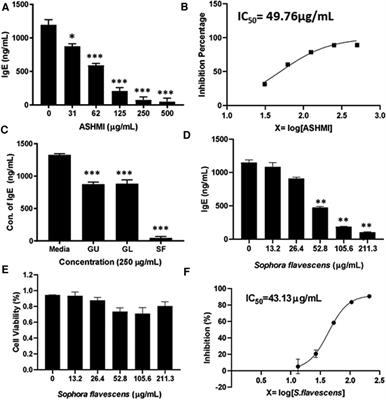EDITORIAL
Published on 28 Aug 2024
Editorial: IgE and its receptors in the context of allergy
doi 10.3389/falgy.2024.1471097
- 493 views
2,744
Total Downloads
11k
Total Views and Downloads
Select the journal/section where you want your idea to be submitted:
EDITORIAL
Published on 28 Aug 2024
BRIEF RESEARCH REPORT
Published on 08 Jan 2024

BRIEF RESEARCH REPORT
Published on 22 Dec 2023

MINI REVIEW
Published on 05 Dec 2023

REVIEW
Published on 28 Mar 2023

ORIGINAL RESEARCH
Published on 01 Feb 2023

